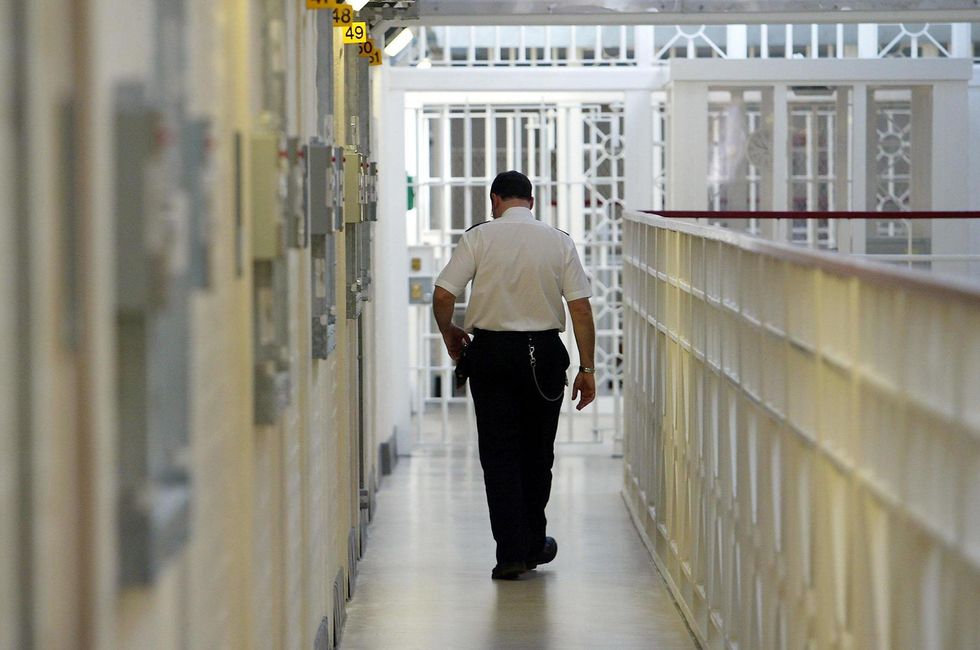Don't Miss
Most Read
Trending on GB News
Official figures reveal more than 500 people have been held in prison for two years despite not being convicted of an offence.
Court delays have seen people remanded in jail who remain unconvicted or sentenced rise to a 14-year high.
The figures show a total of 1,777 have been held for longer than a year, and 533 for more than two years.
Figures reveal 533 prisoners who have not been convicted of an offence have been held for more than two years.
Gareth Copley
One of the individuals in question has been charged with drugs supply and a firearms offence, and has been awaiting trial for four years and three months.
HM chief inspector of prisons Charlie Taylor has issued a warning after the emergence of the figures, saying many could be released as soon as they are sentenced due to already serving a significant amount of time behind bars.
He said they may be able to walk free without having any effective rehabilitation or education as remand prisoners are not often afforded the same access to facilities that normal prisoners are.
“They will have in effect served their sentence before they even come to court, and will certainly walk free in prison having spent two years without getting any education without getting any support,” he told The Telegraph.
The situation could worsen as the court case backlog increases.
Niall Carson
“People who are either unconvicted or who are released on time served, of which a fair proportion are, they have no support and the danger is that they’ll just get swept back into crime again.
“The concern is that when you’re in remand, you’re not obliged to work or go to education, that often those services are not provided for remand prisoners to the same level that they are for sentenced prisoners.
“There are also things like losing contact with family that help to stop people from reoffending, like having children, having a partner. If relationships break down as a result of that, then then that becomes concerning.
“And for the process of justice, victims of crime don’t get any sense that their case has really been dealt with and witnesses may just fade away and they’re not available.”
Concern remains over the court case backlog as talks between the Ministry of Justice and the Criminal Bar Association continue over pay.
The number of remand prisoners rose dramatically during the Covid pandemic from less than 10,000 in 2019 as trials were stopped to prevent the spread of the virus.













